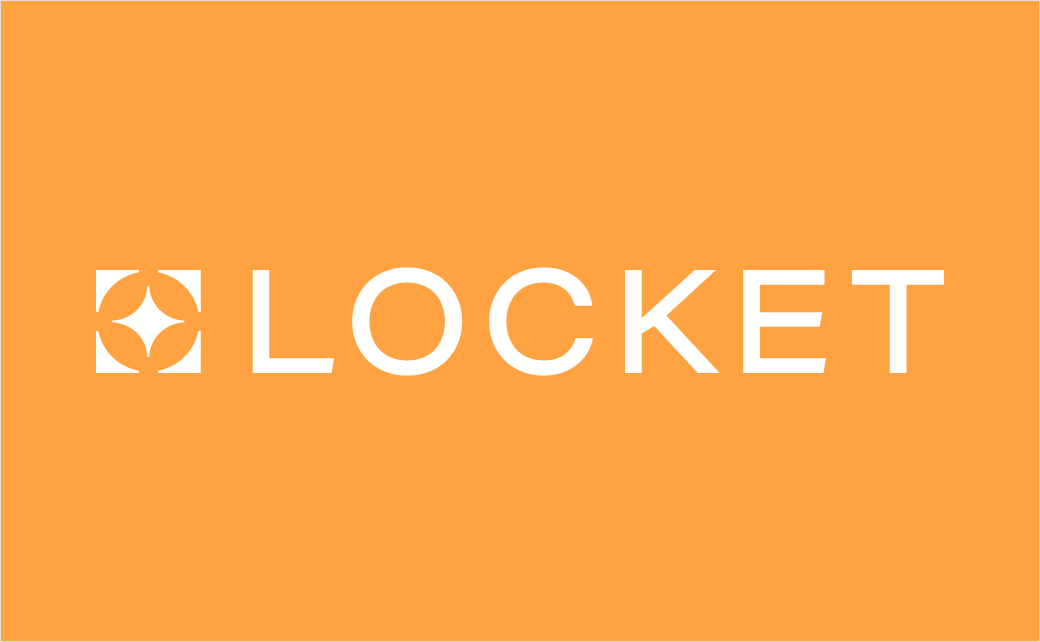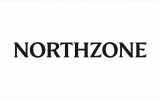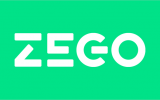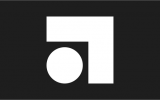Insurtech Firm Hiro Rebrands to ‘Locket’
Prevention-first insurtech company, Hiro, has rebranded to “Locket”, which the UK firm says will enable it to not only communicate its product more effectively but also help it to grow internationally.
The business currently offers members a better price on their policy if they proactively protect their homes using smart technology. It also has a monthly subscription-based model, which means no lengthy contracts, no admin fees, and no cancellation fees.
Recently, the company has even partnered with an ex-burglar to help members improve the safety of their homes.
“This isn’t just a rebrand of our company – we’re looking to change people’s perception of the entire insurance industry. Consumers don’t trust insurers, but we’re giving Locket members reasons to brag about us. Our approach empowers members to genuinely protect their prized possessions instead of just paying for a ‘replacement’ when bad things happen, because we understand that what’s worth a lot to someone is usually priceless,” says Krystian Zajac, co-founder and CEO of Locket. “When people think about a locket, they think of memories, sentimentality and protection. This is exactly what we represent as a company, and our new brand truly reflects this.”
Locket has reportedly been working on the project with branding consultancy Ragged Edge since the early summer. The London-based agency has previously developed new identities for companies such as cycle insurer, Laka.
“This isn’t about introducing incrementally better home insurance, it’s about creating something fundamentally different,” comments Max Ottignon, co-founder at Ragged Edge. “That demanded a bold approach, rejecting the conventions of the industry – where everything has a price – to protecting what makes you, you. Conceptually, everything from the new name, through to the logo and tone of voice, revolves around this idea of Locket as a protective aura, helping you look after what matters. Tonally, we looked outside the category to create something that felt more like an aspirational lifestyle brand. Shifting insurance from something people use reluctantly, to something people actively invite into their lives.”
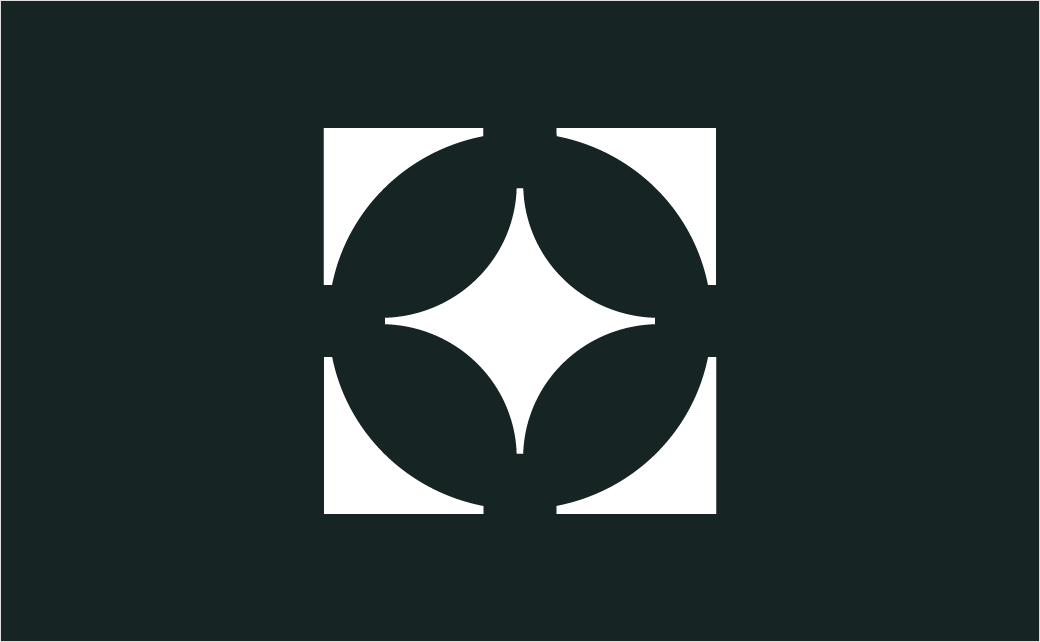
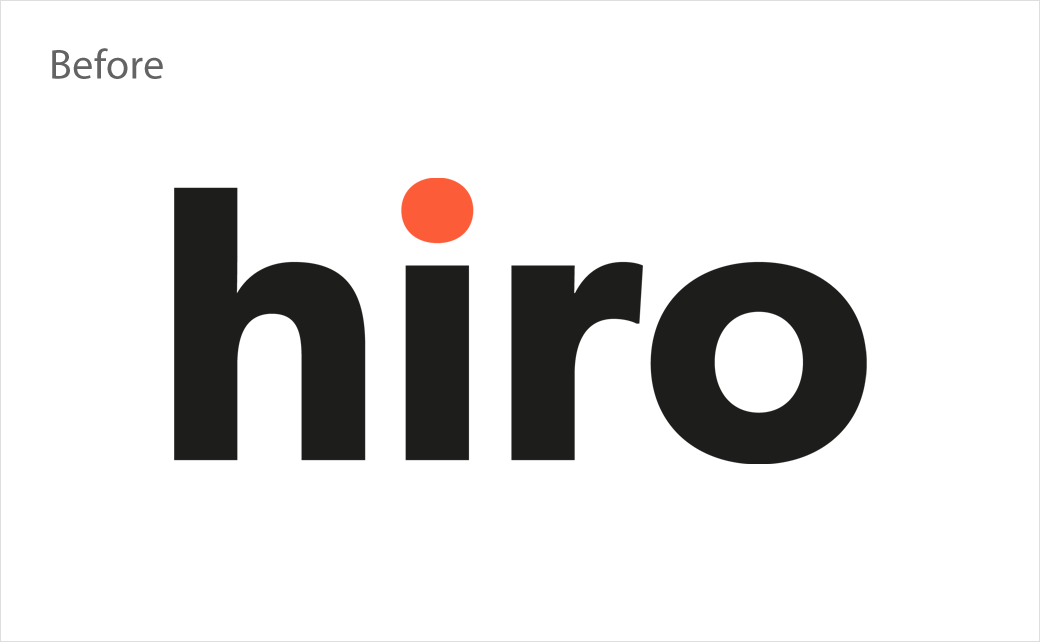
Source: Locket


